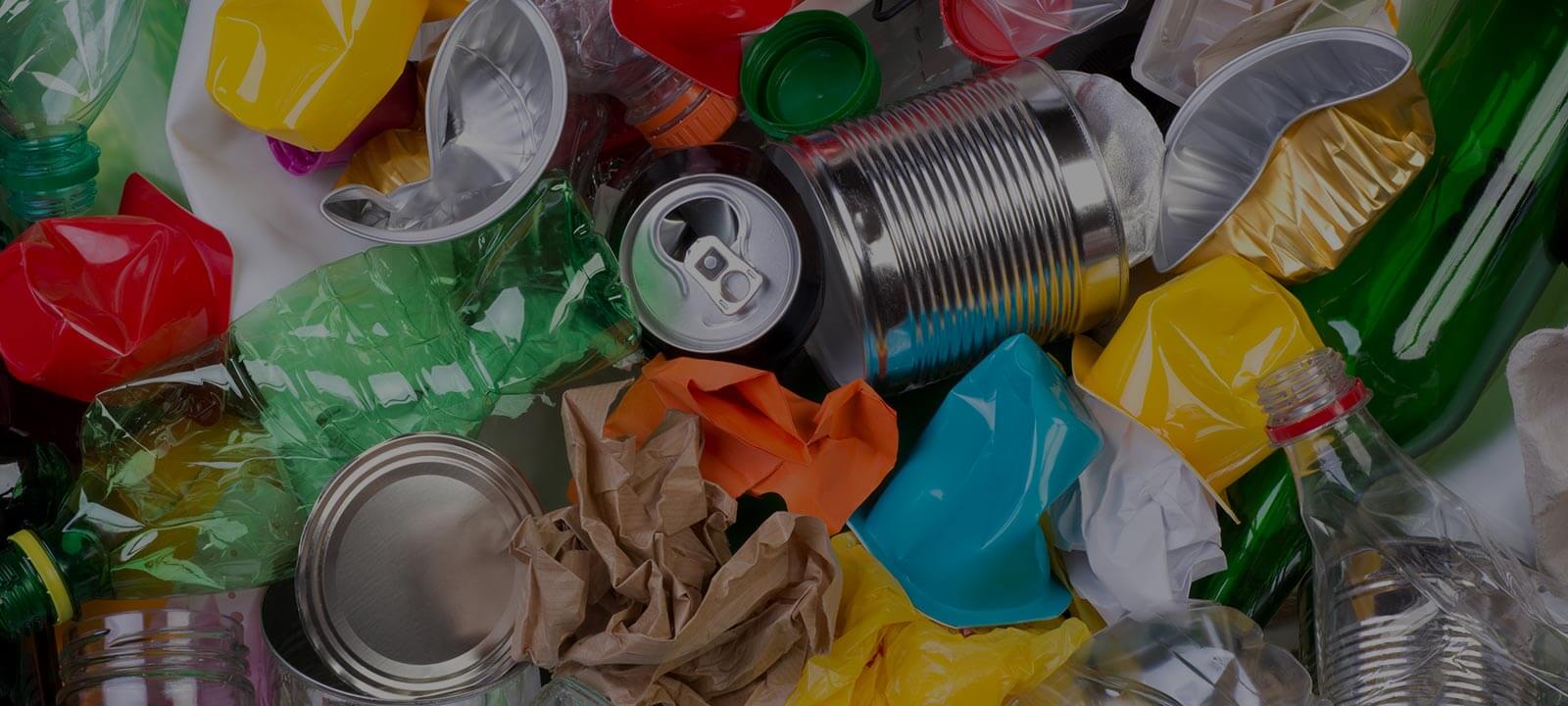Shunning Plastic Bottles
Posted on 12/11/2024
In recent years, there has been a growing awareness about the environmental impact of plastic waste. Among the most significant contributors to this problem are plastic bottles. These ubiquitous containers, although convenient, pose severe ecological and health risks. This article delves into the reasons for shunning plastic bottles, the benefits of doing so, and practical tips for making the switch to more sustainable alternatives.
Environmental Impact of Plastic Bottles
Plastic bottles are composed primarily of polyethylene terephthalate (PET), a material that is non-biodegradable. This means that plastic bottles can persist in the environment for hundreds of years. The production and disposal of plastic bottles contribute to various environmental problems:
- Landfill Overflow: A significant percentage of plastic bottles end up in landfills. Due to their durability, these bottles occupy landfill space for centuries, contributing to waste management issues.
- Ocean Pollution: Many plastic bottles find their way into the oceans, harming marine life. Sea creatures can ingest microplastics, leading to injury or death.
- Resource Depletion: The production of plastic bottles requires substantial amounts of fossil fuels, contributing to the depletion of these non-renewable resources.
- Carbon Emissions: The manufacturing process of plastic bottles is energy-intensive, releasing significant amounts of greenhouse gases into the atmosphere.

Health Hazards of Plastic Bottles
Plastic bottles are not only detrimental to the environment but also pose health risks to humans. Some concerns include:
- Chemical Leaching: BPA (Bisphenol A) and phthalates, commonly found in plastic bottles, can leach into the water and cause hormonal disruptions and other health issues.
- Bacterial Contamination: Reusing plastic bottles without proper cleaning can lead to bacterial growth, posing health risks.
Alternative Solutions to Plastic Bottles
Reducing the reliance on plastic bottles involves adopting sustainable alternatives. Here are some viable options:
- Reusable Bottles: Opt for stainless steel, glass, or BPA-free plastic bottles. They are durable and can be used multiple times.
- Water Filtration Systems: Install a water filtration system at home to ensure clean drinking water, eliminating the need for bottled water.
- Public Water Fountains: Utilize public water fountains and refill stations when available.
- Bulk Water Purchase: Consider purchasing water in bulk using larger containers that can be reused.
Tips for Shunning Plastic Bottles
Transitioning away from plastic bottles does not have to be challenging. Here are some practical tips to help you make the switch:
- Invest in a Good Reusable Bottle: Choose a bottle that suits your lifestyle. Look for features like insulation, durability, and ease of cleaning.
- Stay Hydrated on the Go: Always carry your reusable bottle with you. Many establishments now offer refill services for free or at a minimal cost.
- Educate Yourself: Learn about local water quality and treatment methods to feel confident in drinking tap water.
- Support Eco-Friendly Brands: Purchase from companies that prioritize sustainable practices and use eco-friendly packaging.
- Spread the Word: Encourage friends and family to reduce their plastic bottle usage by sharing information and resources.
Pros and Cons of Shunning Plastic Bottles
Making the switch away from plastic bottles has its advantages and challenges. Here are some pros and cons to consider:
Pros:
- Environmental Benefits: Reduces plastic waste and decreases pollution.
- Cost Savings: Investing in a reusable bottle can save money in the long run compared to buying bottled water regularly.
- Health Improvement: Avoiding chemicals found in plastic bottles can reduce exposure to toxins.
- Resource Conservation: Helps conserve fossil fuels and reduces carbon emissions.
Cons:
- Initial Cost: Buying a high-quality reusable bottle can be more expensive upfront.
- Convenience: Bottled water is often more accessible in certain situations, such as during travel.
- Maintenance: Reusable bottles require regular cleaning and maintenance to ensure hygiene.

Key Takeaways
The shift from plastic bottles to more sustainable options is a crucial step towards mitigating environmental and health risks. By understanding the impact of plastic bottles and adopting alternatives, individuals can make a significant difference. Here are the key takeaways:
- Plastic bottles contribute significantly to environmental pollution and health hazards.
- Sustainable alternatives such as reusable bottles and water filtration systems are viable solutions.
- Practical tips can ease the transition towards more eco-friendly practices.
Conclusion
Shunning plastic bottles is a powerful step towards a sustainable future. By embracing reusable alternatives and making informed choices, individuals can reduce plastic waste, conserve resources, and promote environmental health. Although it requires an initial investment and lifestyle adjustments, the long-term benefits far outweigh the cons. Together, we can make a significant impact and pave the way for a cleaner, healthier planet.
Latest Posts
Alternatives to Common Plastic Items
Recycling Strategies for Non-Compostable Garden Materials






